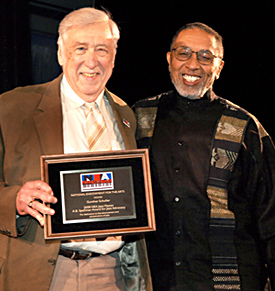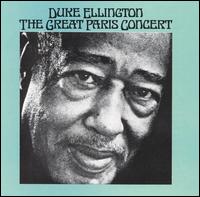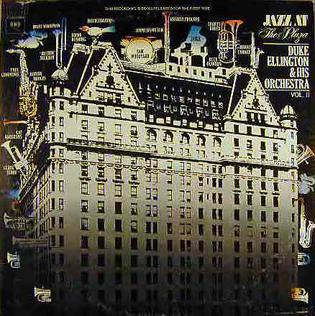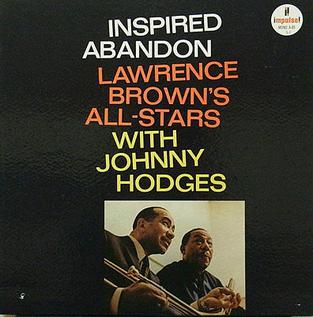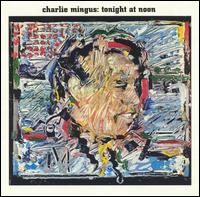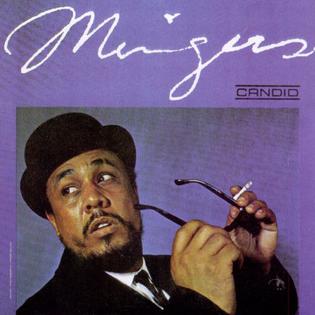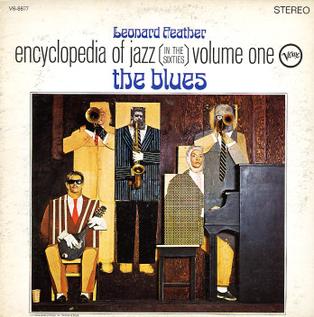| Mingus Revisited | ||||
|---|---|---|---|---|
 | ||||
| Studio album by | ||||
| Released | September 1961 (Pre-Bird) [1] May 1965 (Mingus Revisited) [2] | |||
| Recorded | May 24-25, 1960 | |||
| Genre | Jazz | |||
| Length | 35:20 | |||
| Label | Mercury (1961) Limelight (1965) | |||
| Producer | Leonard Feather | |||
| Charles Mingus chronology | ||||
| ||||
| Professional ratings | |
|---|---|
| Review scores | |
| Source | Rating |
| The Rolling Stone Jazz Record Guide | |
Mingus Revisited (originally released as Pre-Bird in 1961) is an album by jazz bassist and composer Charles Mingus consisting of music that was composed before Mingus first heard Charlie Parker, hence the Pre-Bird title. The music is scored for various sized large jazz ensembles and features many soloists prominent at the time of recording. The album includes two tracks which are contrapuntal arrangements of two swing era pieces, whereby "Take the "A" Train" (left channel) is paired with a simultaneous "Exactly Like You" (right channel), and likewise "Do Nothin' Till You Hear From Me" with "I Let a Song Go Out of My Heart". Tracks 1 to 3, 5 and 6 recorded May 25, 1960 probably at Plaza Sound, New York City; tracks 4, 7 and 8 recorded May 24, 1960 at Plaza Sound, New York City. [4]
Jazz is a music genre that originated in the African-American communities of New Orleans, United States. It originated in the late 19th and early 20th centuries, and developed from roots in blues and ragtime. Jazz is seen by many as "America's classical music". Since the 1920s Jazz Age, jazz has become recognized as a major form of musical expression. It then emerged in the form of independent traditional and popular musical styles, all linked by the common bonds of African-American and European-American musical parentage with a performance orientation. Jazz is characterized by swing and blue notes, call and response vocals, polyrhythms and improvisation. Jazz has roots in West African cultural and musical expression, and in African-American music traditions including blues and ragtime, as well as European military band music. Intellectuals around the world have hailed jazz as "one of America's original art forms".

A bassist or bass player, is a musician who plays a bass instrument such as a double bass, bass guitar, keyboard bass or a low brass instrument such as a tuba or sousaphone. Different musical genres tend to be associated with one or more of these instruments. Since the 1960s, the electric bass has been the standard bass instrument for funk, R&B, soul music, rock and roll, reggae, jazz fusion, heavy metal, country and pop music. The double bass is the standard bass instrument for classical music, bluegrass, rockabilly, and most genres of jazz. Low brass instruments such as the tuba or sousaphone are the standard bass instrument in Dixieland and New Orleans-style jazz bands.

A composer is a musician who is an author of music in any form, including vocal music, instrumental music, electronic music, and music which combines multiple forms. A composer may create music in any music genre, including, for example, classical music, musical theatre, blues, folk music, jazz, and popular music. Composers often express their works in a written musical score using musical notation.

